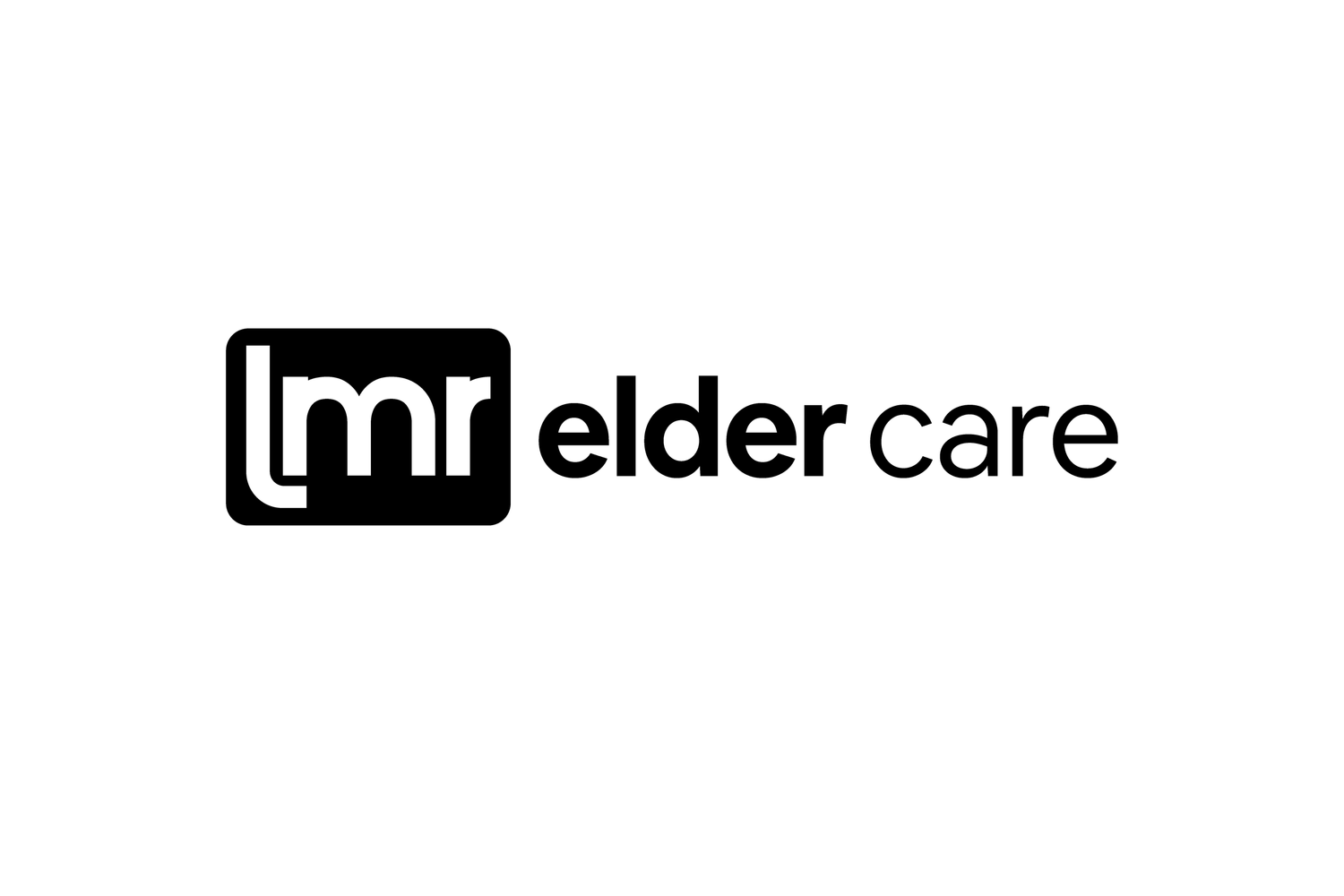You’ve Got Mail!
Written by: Lisa Bayer, J.D., CCM, CDP
“Raise your hand if you use email on a daily basis.” Everyone in the room did. “Raise your hand if you know how to tell who sent you an email.” Only 11 people in the room of 120 even knew what I meant. I was speaking to a church group of active older adults at their monthly meeting. We were talking about fraud and email scams.
As a first step, I explained the importance of never opening an email from an unrecognized address. But the fraudsters are so good! They can make the subject line and email really look like it came from Bank of America, UPS or Netflix. In fact, a client called me the other day to say that he got an email from the US Postal Service about a package that could not be delivered. As it happened, I had ordered for him something on Amazon and he assumed that this was the reference. I told him not to click on it as I ordered from my account and Amazon most definitely did not have his email address.
And herein lies the problem. One time, my super smart friend told me how she got a pop up on her computer advising that she had a virus and that she needed to call Microsoft to remove it. How kind of “Microsoft” that they even provided an 800# for her to call. She called, provided a credit card for the repair fee, and turned over control of her computer so that they could “fix” the problem. I’m pretty sure you know what happened next. The point is, its not a question of how smart or savvy a person is; the cyber criminals are extremely cunning and convincing.
So how do we protect ourselves? First, learn to tell what a (probable) real email is and what is spam. Unless you are 100% certain, I recommend going to the source and never clicking on anything. For example, log into your Facebook or bank account directly to check on any issues. Change your passwords often and do not use the same one for all of your online accounts. I also recommend turning on two-factor authentication. As I tell my clients, if you do online banking and have not set up two-factor authentication (or do not even know what it is!) you should not do online banking.
I can share story after story of the various frauds and scams my clients, friends and even family members have encountered over the years. I am no expert and I’m sure now that I’ve written this I will be the next victim. But there are things that we can do to protect ourselves and our loved ones, especially persons living with dementia who need even less convincing to turn over their personal information such as credit card numbers.
If you would like to learn more about how to protect your loved ones from falling victim to fraud or would like to invite us to speak with your organization about elder financial exploitation please email us at: hello@LMReldercare.com or call 973.533.0839 to schedule.

